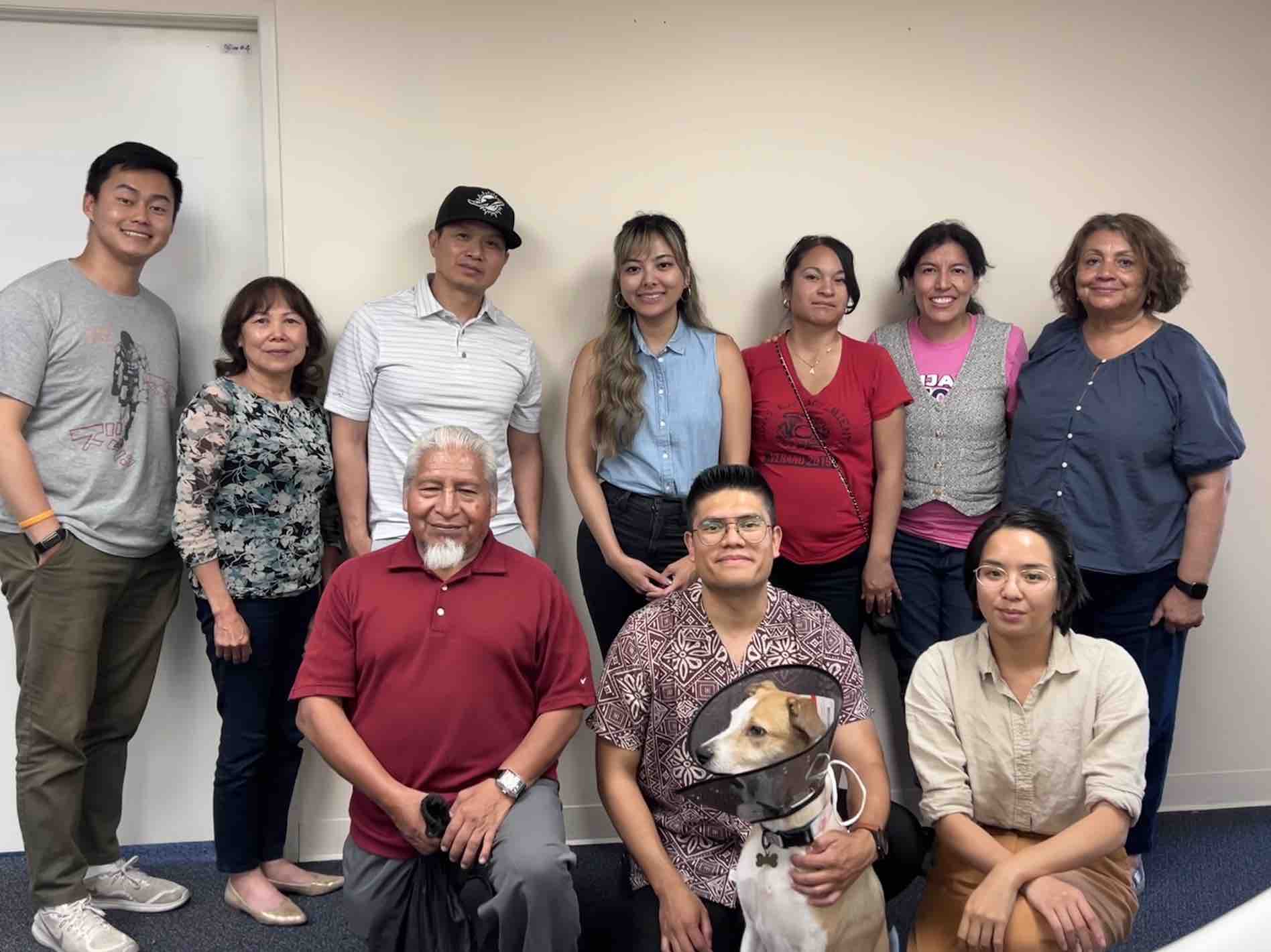Santa Ana, California, stands as a microcosm of the nation’s evolving demographics. Among its nearly 314,000 residents, a staggering 74,125 (23.62 %) are non-citizens who are currently deprived of their voice in local political processes by the existing voting laws. The statistics speak volumes: 5,646 (17.86 %) of the city’s 31,611 Asian adult residents and 64,022 (37.02 %) of the 172,962 Hispanic adult residents in Santa Ana are noncitizens. These numbers reflect a city teeming with diverse voices yearning to be heard.
On Tuesday, August 21, VietRISE, the Harbor Institute for Immigrant and Economic Justice, and the Santa Ana Families for Fair Elections (SAFFE) coalition publicly launched a campaign urging the Santa Ana City Council to expand voting rights for all Santa Ana residents regardless of their immigration status. At the heart of SAFFE’s campaign lies the principle of democratic inclusion that every resident’s voice should be heard in decisions that significantly impact their daily lives.
“Santa Ana Families for Fair Elections is a multi-ethnic, multi-generational coalition of community organizations and residents in the city of Santa Ana that aims to enfranchise the nearly one out of every four residents in the city who are noncitizens and currently excluded from voting in local elections,” Tracy, the Executive Director of VietRISE, explains. “From women’s suffrage to people of color winning the right to vote, our campaign is about universal suffrage.”
Noncitizen voting is not a novel concept in American history. Centuries ago, voting rights were often determined by factors other than citizenship, such as property ownership or race. However, at the turn of the 20th century, xenophobia swept the nation, leading to the abolishment of noncitizen voting. While this is not unique to the US, 45 countries have embraced this inclusive practice globally. Many jurisdictions in the United States have also returned to these roots, offering a glimpse into what a truly inclusive nation would look like.
San Francisco set a precedent in 2016 with the passage of Prop. N, which granted noncitizen parents and guardians the right to vote in school board elections. However, this milestone was challenged and ruled unconstitutional in Lacy v. City and County of San Francisco in 2022. A legal battle ensued, culminating in a First District Court of Appeal ruling in favor of San Francisco’s noncitizen voting ordinance in August 2023. This landmark decision, made based on the interpretation of the state constitution’s wording, paved the way for other charter cities like Santa Ana to follow suit and champion the rights of disenfranchised groups.
This isn’t an act of mere bureaucracy. “Expanding the vote opens up a key tool for local residents to participate in political processes and widen their breadth of political participation,” says Carlos Perea, Executive Director of the Harbor Institute for Immigrant and Economic Justice. “By extending voting rights to more local residents, we can foster civic engagement in and outside of elections.” When the voices of all residents are amplified, they become powerful advocates for equitable resource allocation and community development.
In spirit, this idea already has precedent in the city. In 2021, Santa Ana became the first city in Orange County to allow undocumented residents to city boards and commissions. With VietRISE, the Harbor Institute for Immigrant and Economic Justice, and SAFFE at the helm, Santa Ana residents are marching to a more inclusive future. One city, many voices—each a testament to the enduring spirit of democratic ideals in America.
Advertising disclosure: We may receive compensation for some of the links in our stories. Thank you for supporting Irvine Weekly and our advertisers.

